Just like any other country in the world, Great Britain has its own cultures, traditions, and quirks. However, it must be said that many parts of the world find our way of life rather amusing. To show you what we mean, here are 18 British habits that the world finds utterly bizarre.
The Love of Tea

It’s easy to assume that Britain’s love for tea is just a stereotype, but it’s really not. They’ll drink it at any time of day, morning, afternoon, or evening, with The Daily Mail reporting that some people even drink over ten cups per day. The ritual of brewing, pouring, and sipping tea is a comforting routine deeply embedded in British life, often puzzling those who prefer coffee or other beverages.
Queuing for Everything

It’s common practice to stand patiently in line when you’re in the UK, a classic case of British politeness. It doesn’t matter whether you’re waiting for a bus, a pint at the pub, or a turn at the post office; queuing is an unspoken rule. This orderly behavior can seem odd to those from places where pushing to the front is more common, but we like it exactly how it is.
Apologizing Excessively

Similarly polite to queueing, saying “sorry” is a reflex for many Britons, even when they haven’t done anything wrong. Bumping into someone, asking a question, or just needing to pass by can all elicit an apology. This constant politeness can baffle those who reserve apologies for actual transgressions, which is a fair point–”sorry” definitely starts to lose meaning here.
Using Different Words for Common Items
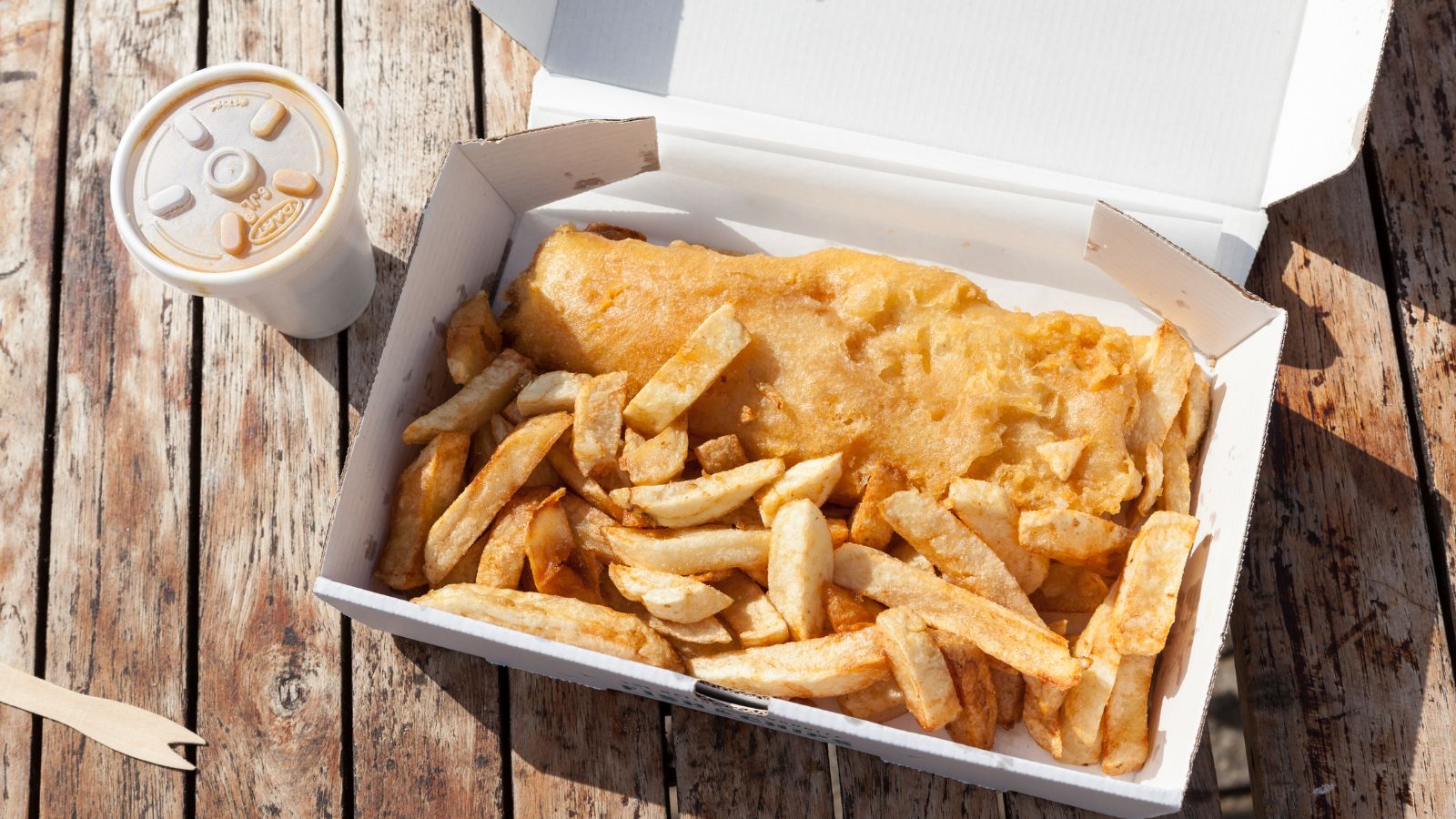
The British vocabulary for everyday items can be perplexing, especially to American tourists. Chips are crisps, fries are chips, and biscuits are cookies, all of which are completely normal to us. Whatever you do, if you’re an American, do not walk into a greasy spoon cafeteria and ask for “biscuits and gravy.”
Enjoying a Full English Breakfast
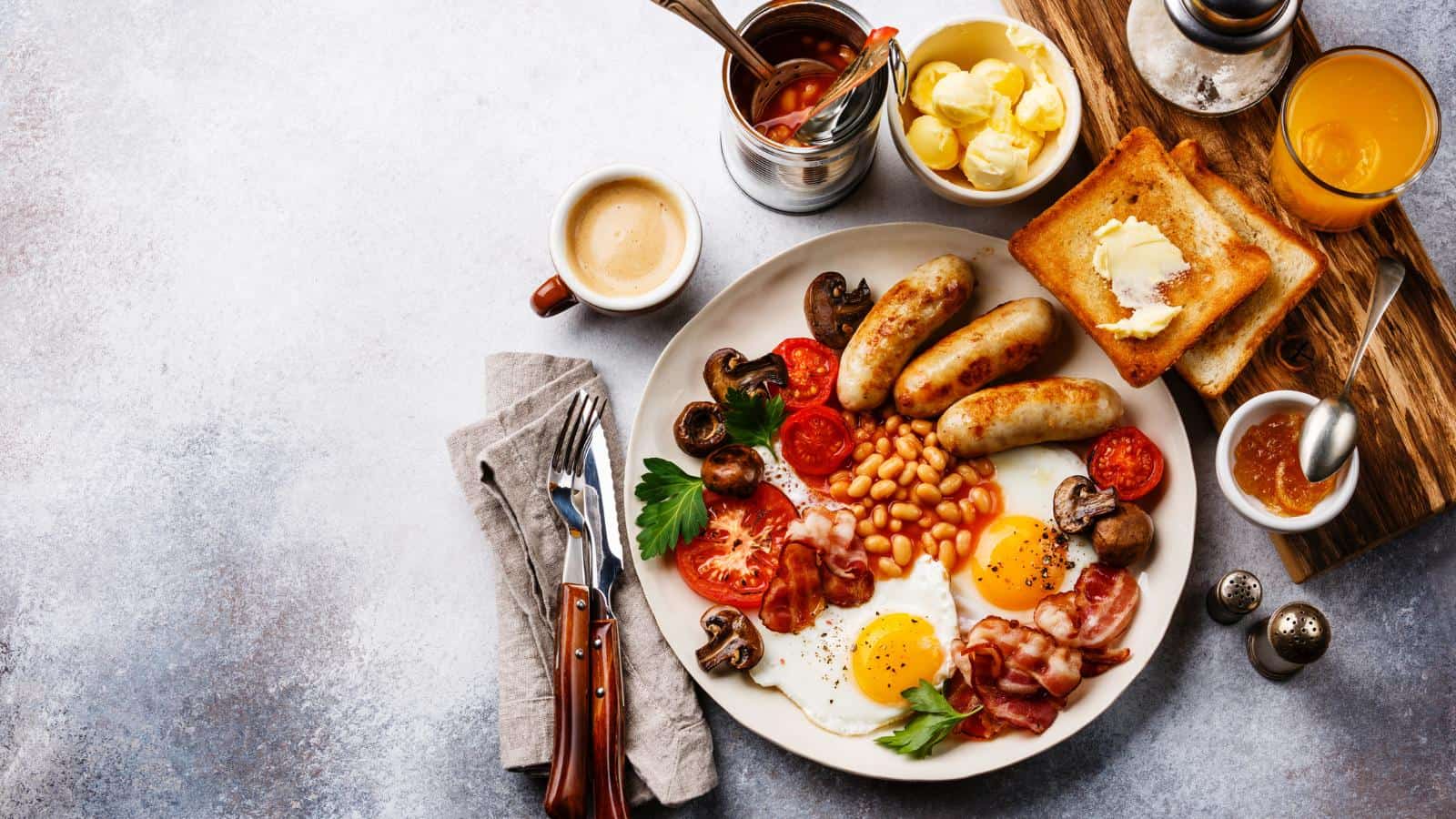
Most Brits can agree that breakfast doesn’t get much better than a traditional full English breakfast. However, this hearty meal might seem overwhelming to those used to lighter morning fare. Eggs, bacon, sausages, beans, tomatoes, mushrooms, and toast make for a filling start to the day, with many people still reaching for the additions of black pudding and hash browns.
Wearing Fascinators to Weddings
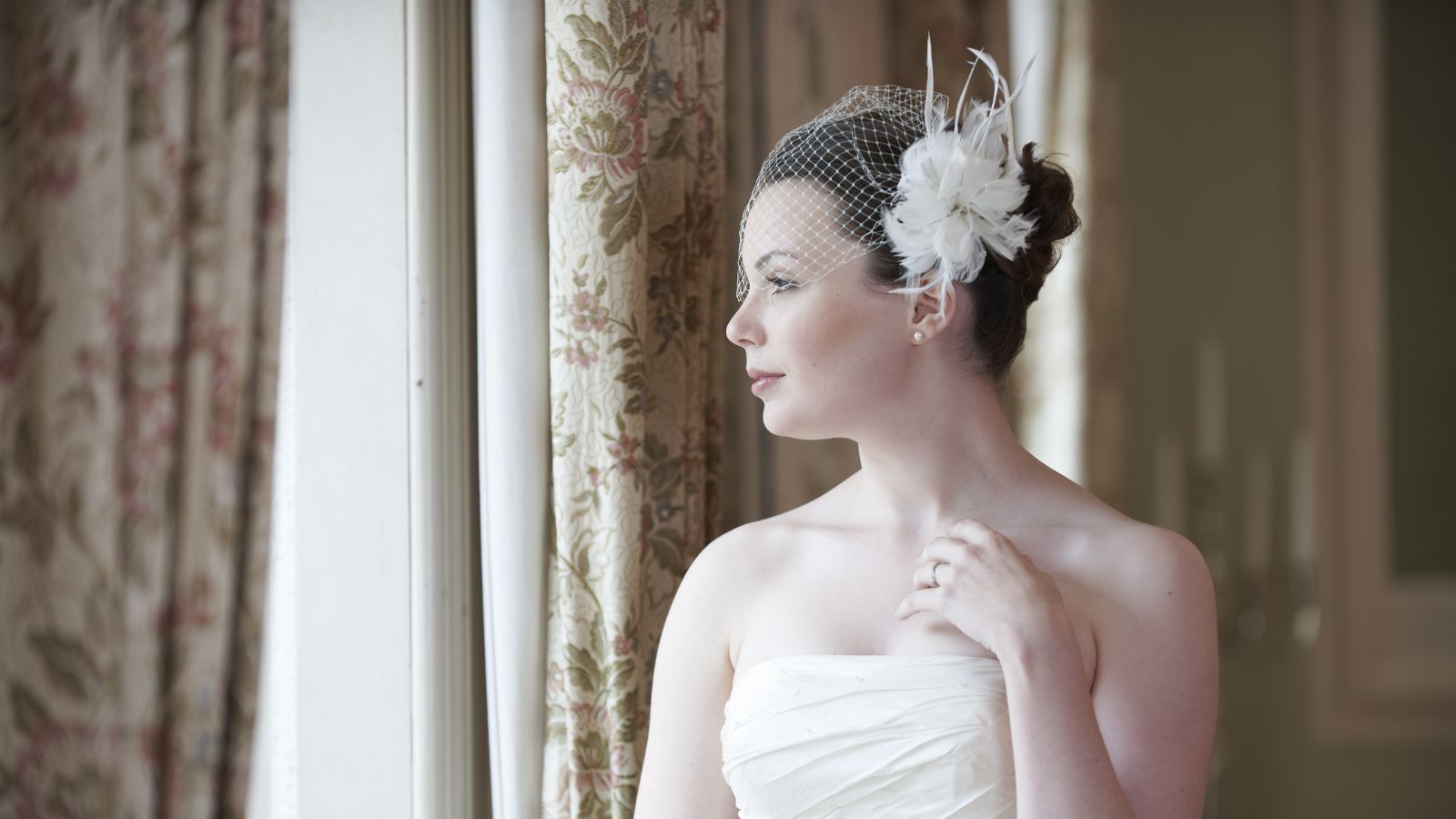
If you’ve ever seen those strange, elaborate headpieces worn at British weddings, they’re actually called “fascinators.” Their unique and often extravagant designs can be bewildering to international guests who are unaccustomed to such sartorial flair at formal events. However, most Brits could agree with this, seeing them as unnecessary and boastful.
Bonfire Night Celebrations
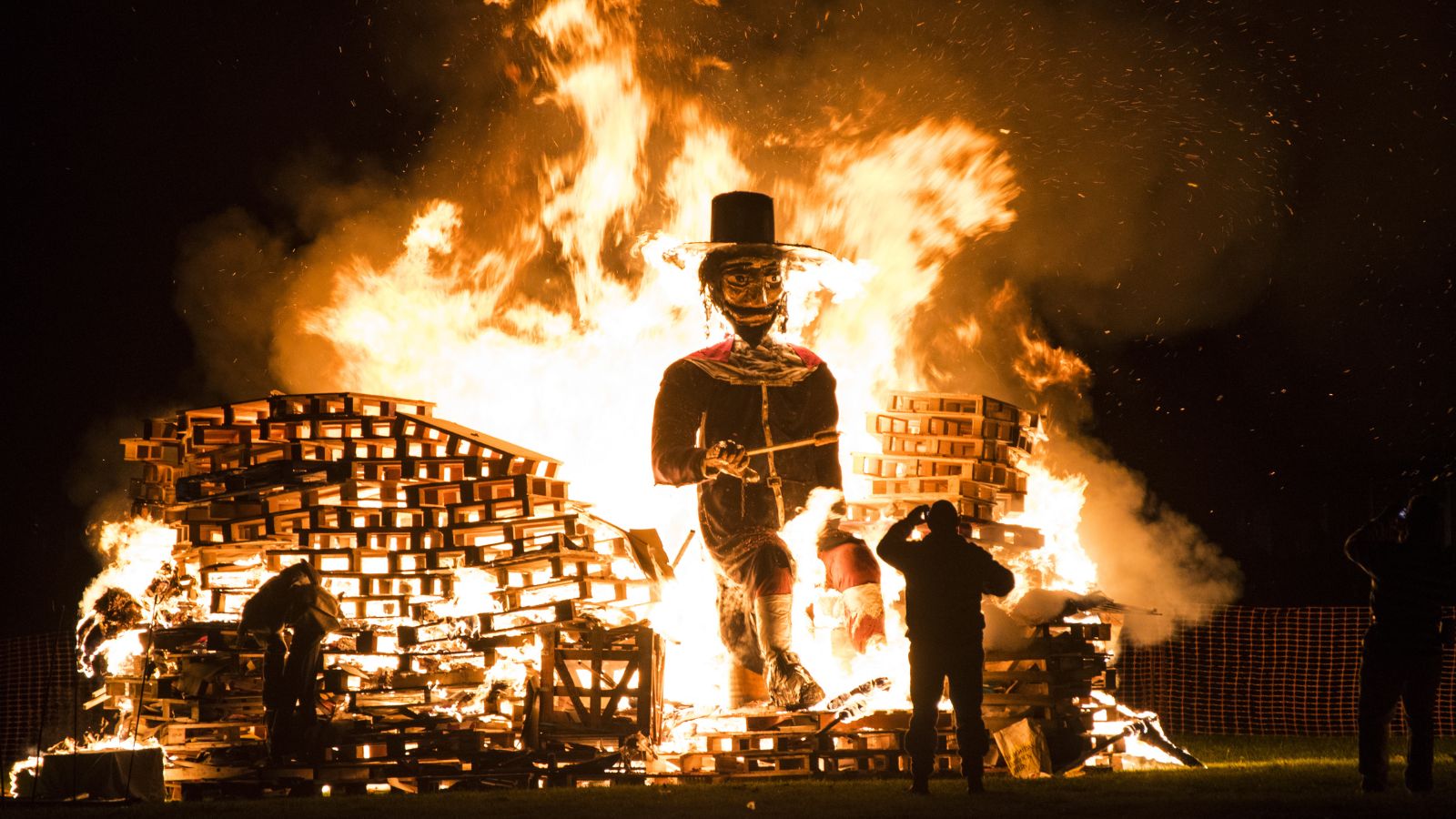
Every 5th of November, Britons commemorate Guy Fawkes Night with bonfires and fireworks, and don’t we love it? The celebration of a foiled plot to blow up Parliament is a uniquely British tradition that can seem unusual to those unfamiliar with its historical significance, but once they get stuck into the action, they’ll enjoy it just as much as us.
The Peculiar Love of Marmite
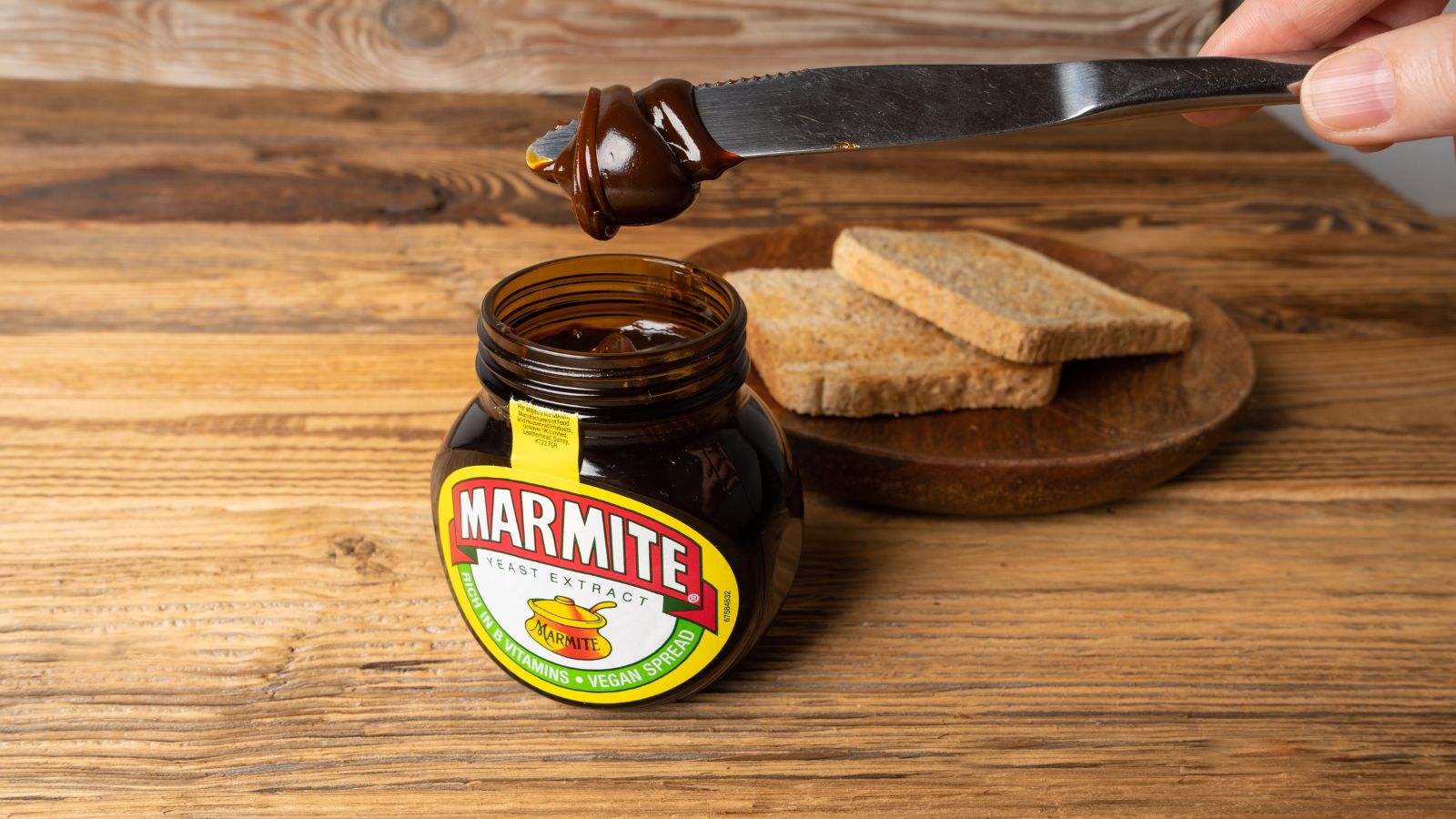
In the UK, many of us love Marmite, while many of us hate it. For those who have been living under a rock, Marmite is a yeast extract spread with a strong, salty flavor. It’s a seriously polarizing condiment that isn’t for everyone, but Brits make it their personal goal to introduce it to every tourist they can find.
Saying “Touch Wood”
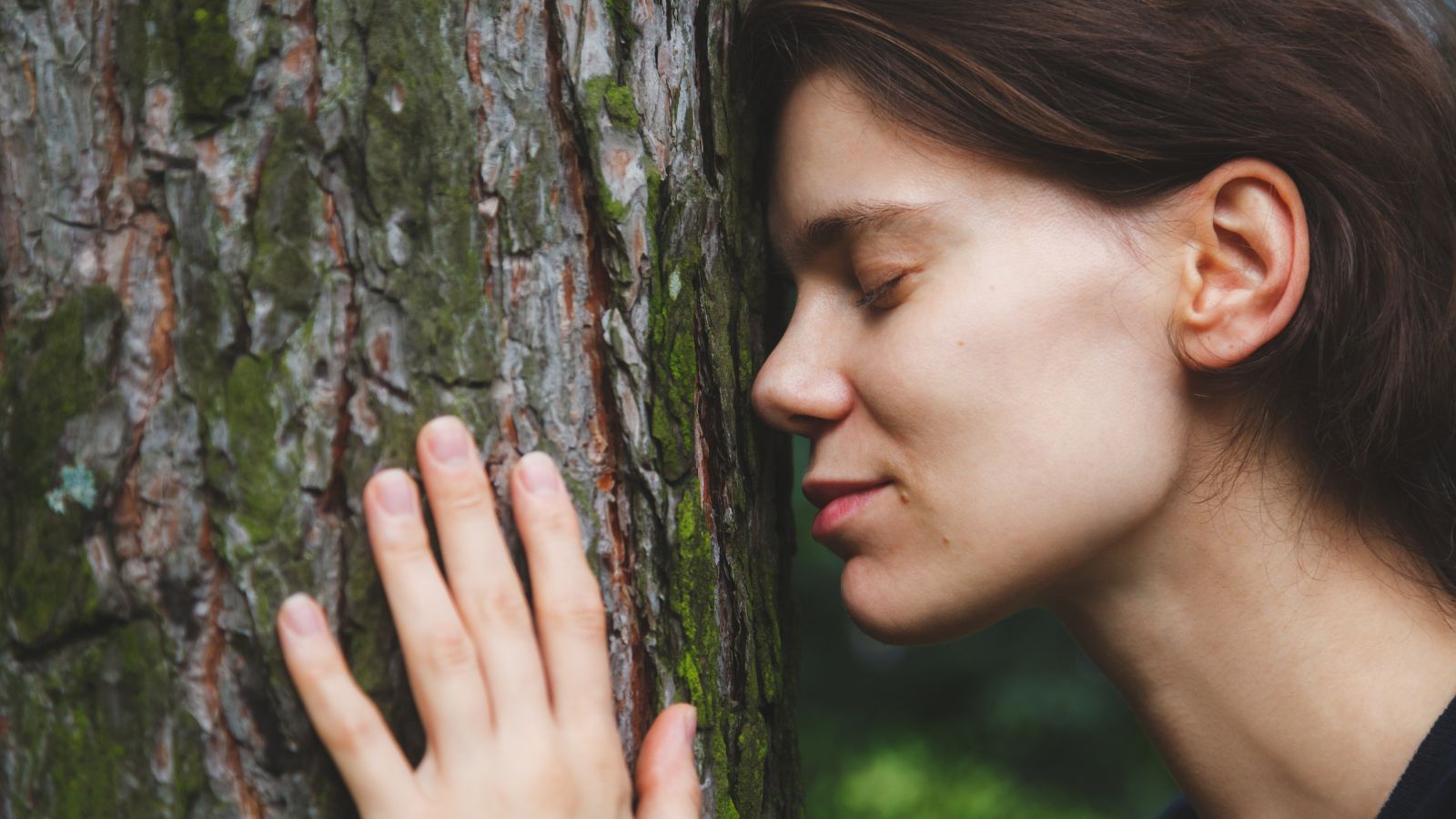
The phrase “touch wood” is used to ward off bad luck in Great Britain, unlike the American version, which is “knock on wood.” Brits also take it a step further from the American superstition by physically touching a wooden object to prevent misfortune. If they can’t find wood, bad luck is coming, a ritual that foreigners find completely bizarre.
Having a Sunday Roast
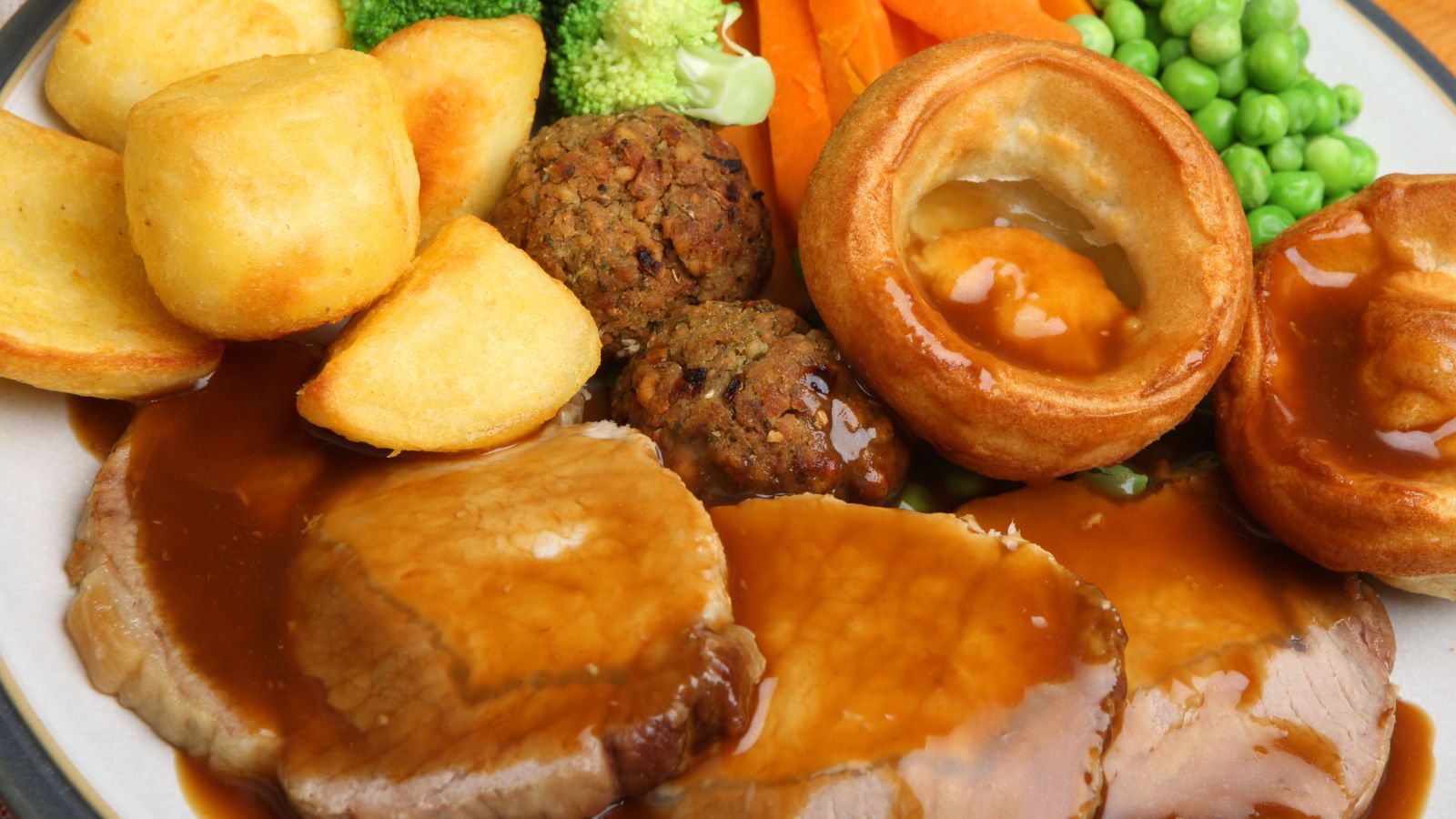
The only British meal more iconic than a Full English Breakfast is the Sunday roast, a beloved British tradition. This meal, typically involving roast meat, potatoes, vegetables, and Yorkshire pudding, is a weekly family event. For those not accustomed to such regular, large gatherings, it might appear an extraordinary commitment, with some home chefs spending the entire day in the kitchen to prepare.
Embracing the Weather Talk

When foreign people visit the UK, they are astounded by just how much we love discussing the weather. We often start conversations with comments about the weather, regardless of its current state, a seemingly trivial topic that can puzzle those who prefer more substantive small talk.
The Peculiarity of Pantomime
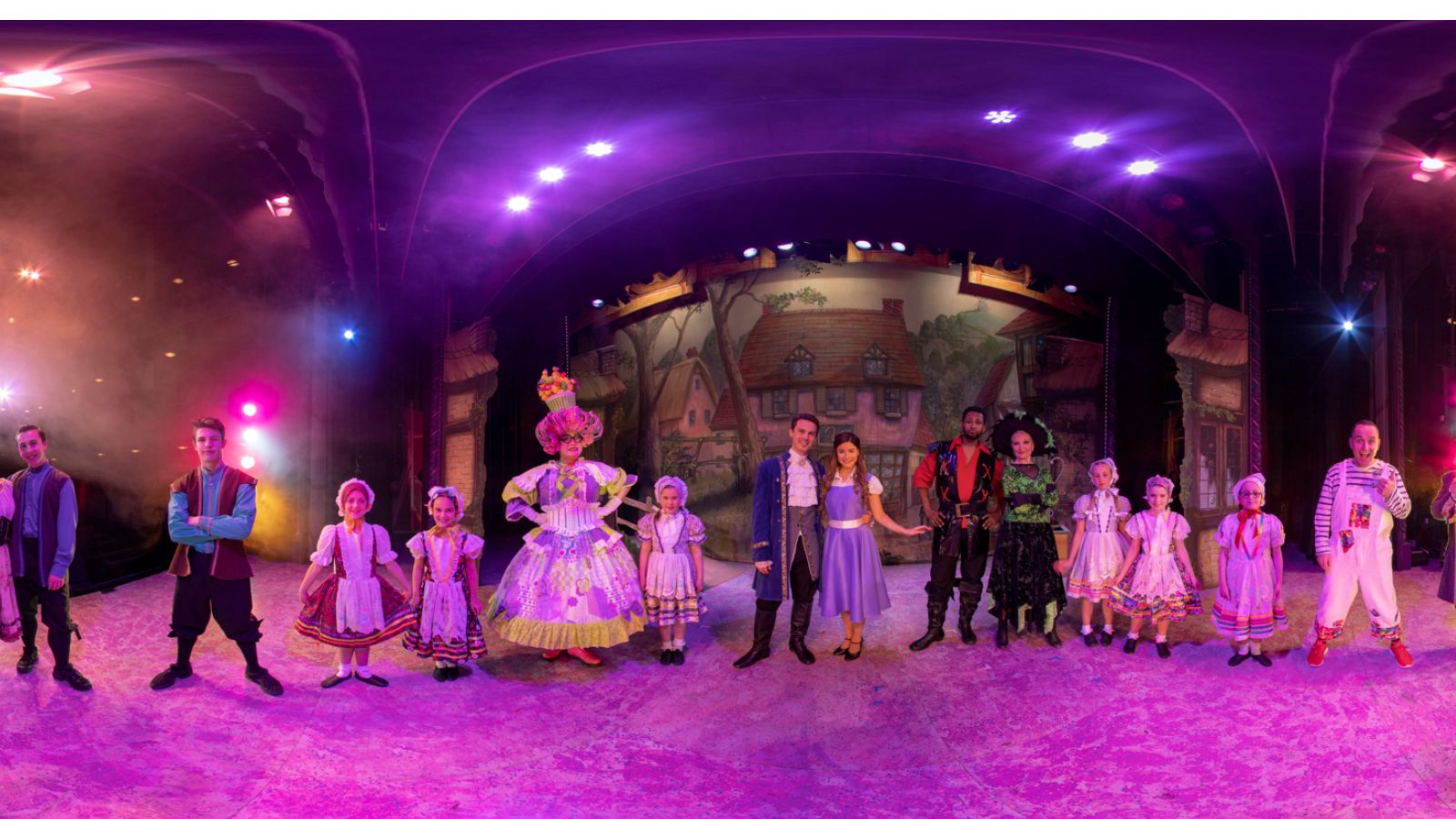
Most tourists aren’t lucky enough to experience a British pantomime, but when they are, they’ll no doubt leave baffled. It’s a uniquely British form of theater, particularly popular around Christmas. These humorous, often absurd performances involve audience participation and cross-dressing actors, which is undeniably a confusing Christmas combination.
Using the Word “Sorry” as a Greeting

In Britain, we’re so polite that “sorry” can be used as a greeting. When passing someone in a narrow space or needing to get by, a quick “sorry” often replaces a standard “excuse me,” a habit that can confuse those not accustomed to such excessive apologies.
The Strict Observance of Tea Breaks

It doesn’t matter if you’re hard at work: a tea break will still always be necessary in the UK. It’s an essential part of the workday, often taking place multiple times to take a short break, drink a cup of tea, and have a chat. It’s taken very seriously, much to the surprise of those from cultures with more intense work habits.
The Love of Curry
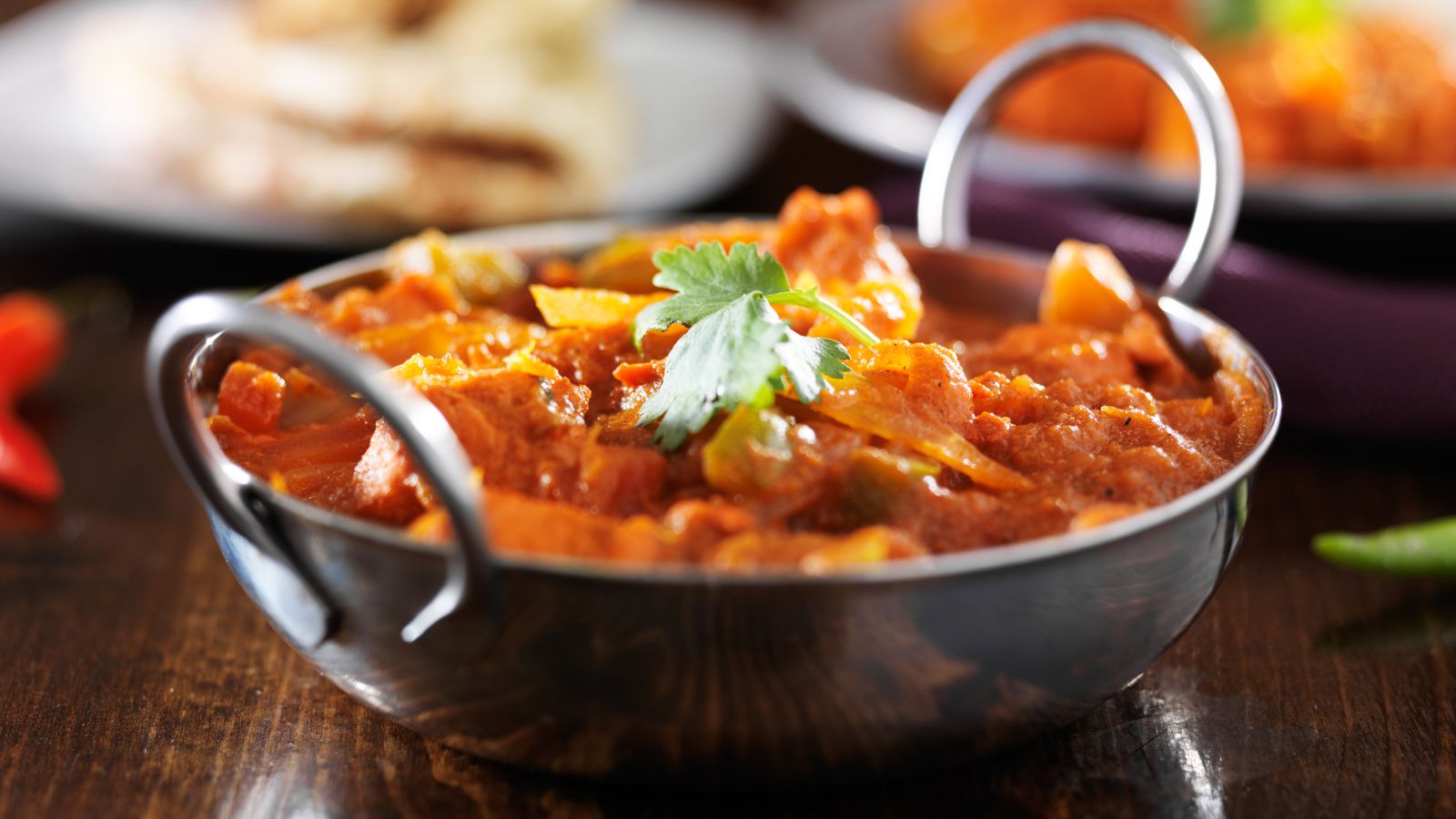
Here in Great Britain, we are immensely proud of the cultural impact South Asian countries such as India, Pakistan, and Bangladesh have had on our cuisine. Held high above all other dishes is the humble curry, which Britons have a deep affection for. We’ll usually enjoy curries as part of a large gathering, with lots of pints, something that even Indians find somewhat bizarre.
Celebrating the Queen’s Speech
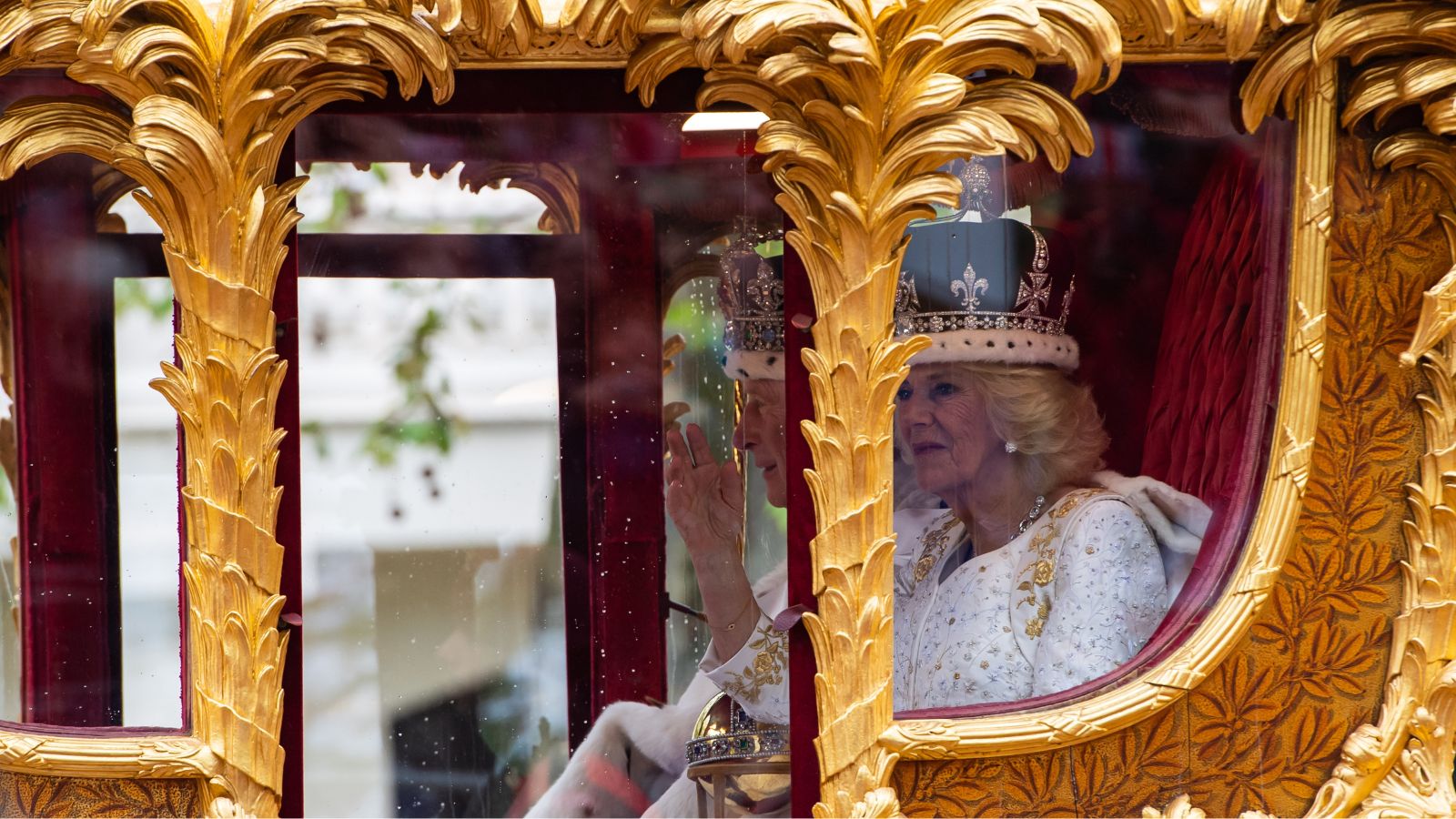
Every Christmas Day, many Britons once tuned in to watch the Queen’s Speech. Sadly, Our Majesty passed away in 2022, so we now have the King’s Speech. Either way, this annual address from the monarch is a longstanding tradition that can seem unusual to those from countries without such royal customs, but to many of us, it’s a truly cherished moment.
Using “Cheeky” in Unique Ways

The word “cheeky” isn’t usually used in other countries, but when it is, it usually means mischievous or rude. However, here, we use it in a variety of contexts, often to describe something slightly naughty but in a fun, endearing way. Terms like “cheeky pint” or “cheeky Nando’s” illustrate this quirky usage, which can be pretty confusing to those unacquainted with British slang.
Enjoying a Ploughman’s Lunch
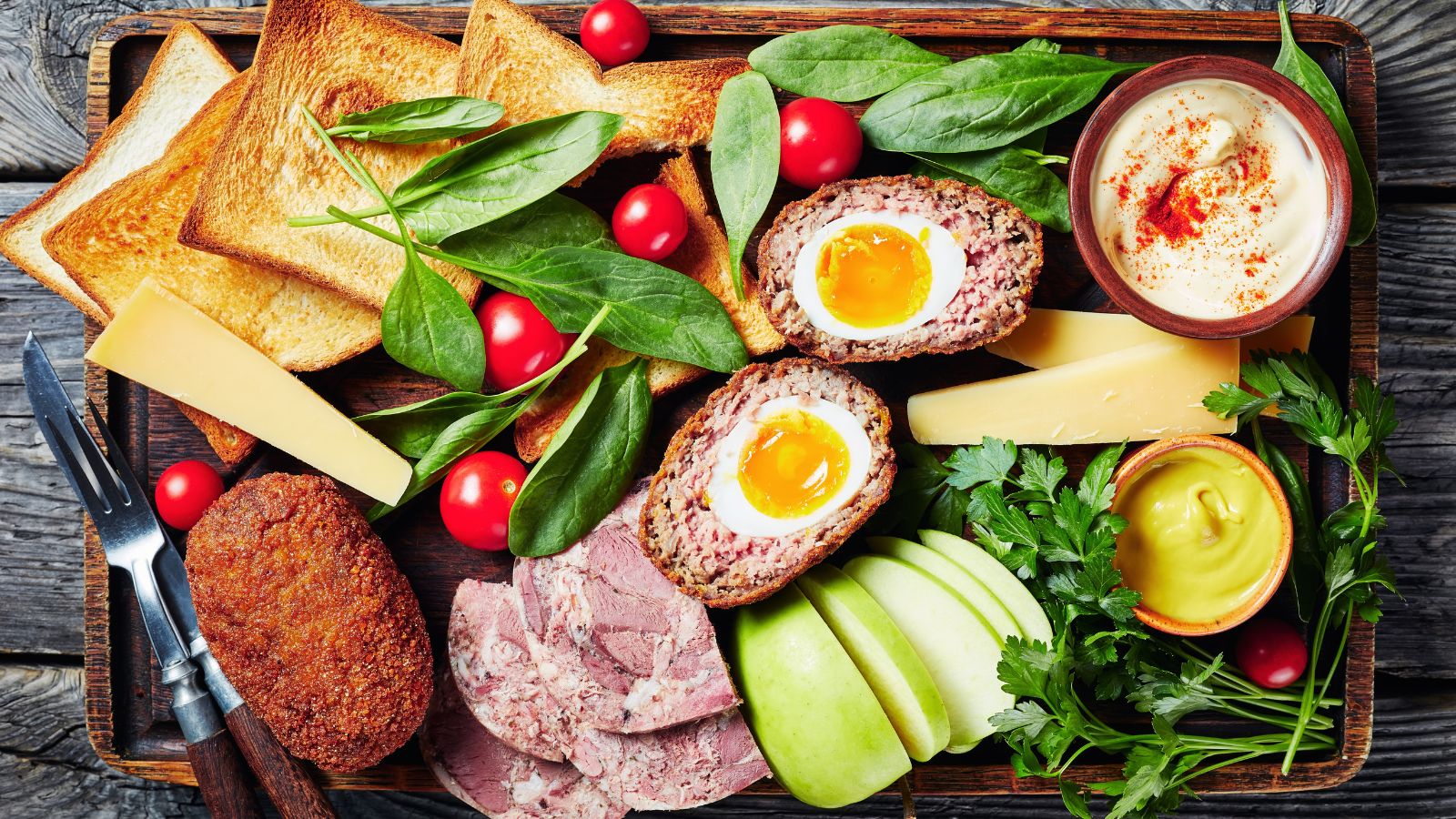
This list wouldn’t be complete without a mention of the Ploughman’s Lunch, which typically consists of cheese, bread, pickles, and cold meats. It’s a common pub meal that most tourists will have the opportunity to try. However, even if they enjoy it (which they probably will), it can still be an undeniably perplexing combination of food.

